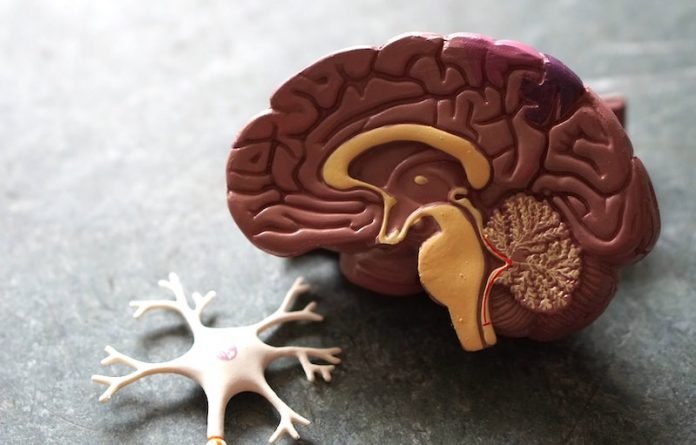
Scientists from the University of Sussex recorded blood oxygen levels in the hippocampus and found why the area, commonly referred to as ‘the brain’s memory center,” is vulnerable to damage and degeneration, a precursor to Alzheimer’s disease.
These findings are an important step in the search for preventative measures and treatments for Alzheimer’s because they suggest that increased blood flow in the hippocampus might be really effective at preventing damage from happening.
The research is published in Nature Communications and was conducted by Dr. Catherine Hall et al.
In the study, the team examined the hippocampus of mice.
The researchers then used simulations to predict that the amount of oxygen supplied to hippocampal neurons furthest from blood vessels is only just enough for the cells to keep working normally.
They found that blood flow and oxygen levels in the hippocampus were lower than those in the visual cortex.
Also, when neurons are active, there is a large increase in blood flow and oxygen levels in the visual cortex. This provides energy to hungry neurons. But in the hippocampus, these responses were much smaller.
The scientists also found that blood vessels in the hippocampus contained fewer mRNA transcripts (codes for making proteins) for proteins that shape blood vessel dilation.
Additionally, the cells that dilate small blood vessels, called pericytes, were a different shape in the hippocampus than in the visual cortex.
The researchers think that the hippocampus exists in a watershed. It’s just about OK normally, but when anything else happens to decrease brain blood flow, oxygen levels in the hippocampus reduce to levels that stop neurons from working.
That’s probably why Alzheimer’s disease first causes memory problems—because the early decrease in blood flow stops the hippocampus from working properly.
The same factors that put people at risk of having a heart attack make them more likely to develop dementia.
That’s because the brain needs enough blood flow to provide energy—in the form of oxygen and glucose—so brain cells can work properly.
Because blood flow can clear away waste products such as the beta amyloid proteins that build up in Alzheimer’s disease.
The team says if it’s right that increasing blood flow in the hippocampus is important in protecting the brain from diseases like Alzheimer’s, then it will throw further weight behind the importance of regular exercise and a low-cholesterol diet to long-term brain health.
If you care about Alzheimer’s disease, please read studies about a new biomarker of Alzheimer’s disease, and how to treat mild to moderate Alzheimer’s disease.
For more information about brain health, please see recent studies about why women are more susceptible to Alzheimer’s, and results showing scientists find alternative drug strategy against Alzheimer’s disease.
Copyright © 2022 Knowridge Science Report. All rights reserved.



